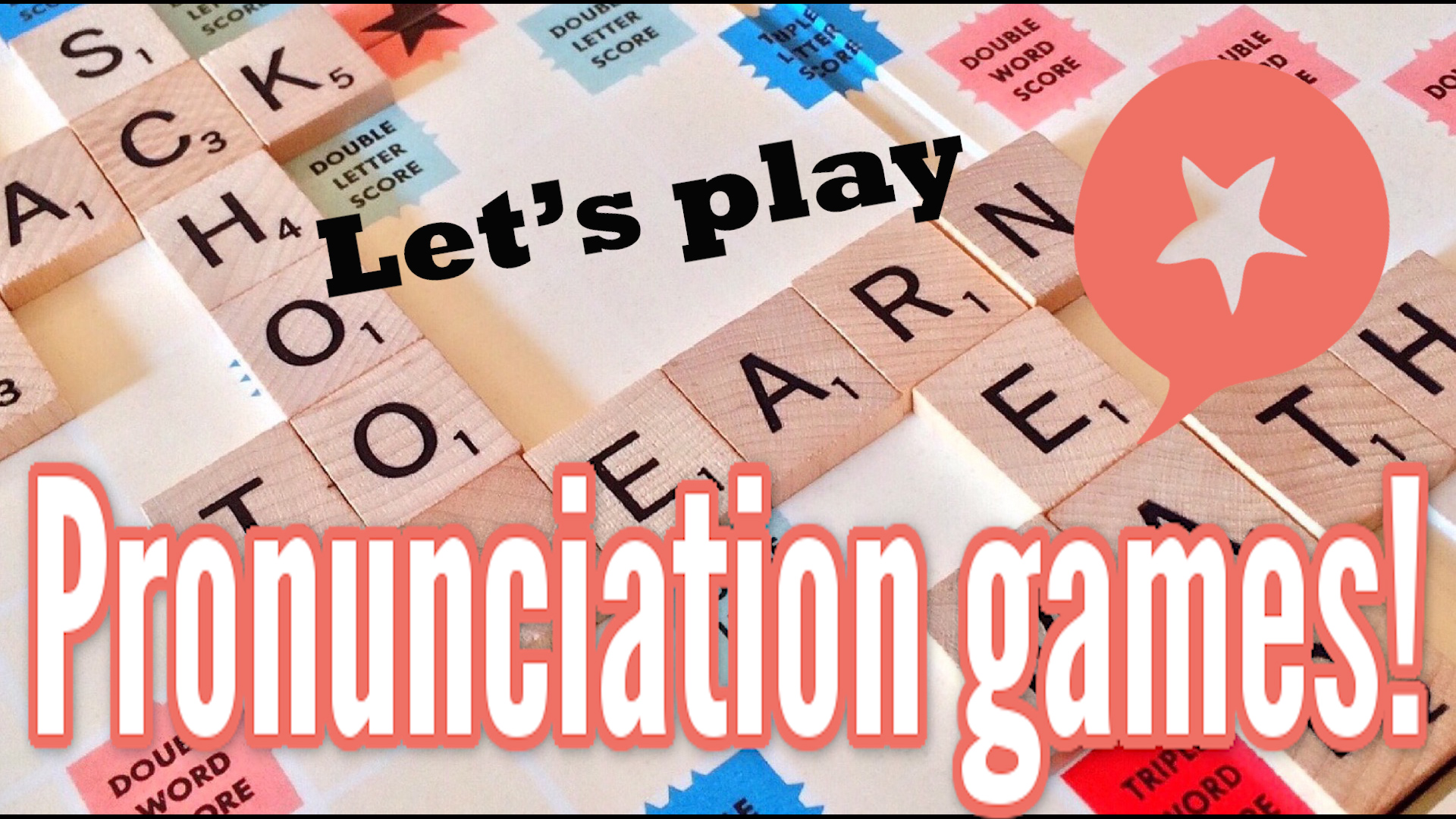
Woohoo, today’s the big day! We’re starting my new video series: How to go from intermediate to advanced English, with virtual immersion & tiny habits.
Why is it that your English level is not that bad, but you still don’t feel confident speaking?
Index
1. Let’s start with a quiz…
2. What is the intermediate plateau?
3. If you’re stuck on the intermediate plateau, what do you need to move forward faster?
4. What kind of activities can you do for natural learning and deliberate learning?
5. Myth: “I need to go live in an English-speaking country to become advanced”
6. My question for you
1. Let’s start with a quiz…
Do any of these describe you?
- You feel blocked or hesitant. Like you can’t always find the words you need, even if you can communicate your message.
- You worry you’re making too many mistakes in English, and feel like you’re translating too much in your head because you just feel something’s not right
- You don’t know why you feel this way, or what to do, and it’s super frustrating
If you said yes to those questions, well, Congratulations!
Why am I saying “congratulations” if you feel blocked, stuck, and frustrated? Because if you have any of these feelings, you’re already on your journey to advanced English!
You have reached the intermediate plateau, and now it feels hard to increase your English fluency.
2. What is the intermediate plateau?
The intermediate plateau happens when you reach an intermediate level. You stop progressing as quickly as you did in the past.
When you’re a beginner, or a lower level, it’s easy to see progress because you have so much to learn. And every time you learn 1 or 2 new things, it feels like you’re making a lot of progress.
But when you reach an intermediate level, you have enough English to make yourself understood and to understand well enough in most situations you encounter. So you don’t work as hard to improve.
After all, it’s not absolutely necessary. You can survive with your current level, even if you don’t always feel comfortable.
And at this level, it can be difficult to know what you need to do next to improve. It may feel like you’re doing things in English, but not really improving your English.
So today, it feels like you haven’t really improved for the past few years. Like your English has hit a brick wall or you just aren’t keeping up your level.
Don’t worry. This is totally normal, no matter what you’re learning. English, guitar, running… Everyone hits the intermediate plateau in their learning process.
At more advanced levels, the language you need to learn becomes more abstract and more nuanced. You may not use the things you learn every day.
But, like in your native language, you want to be able to talk about more sophisticated, specific topics when they occur. You want to be able to mobilize the language you need, when you need it.
So just watching Netflix or watching TEDtalks or using English at work is not sufficient. It’s great, but not enough to help you get off the intermediate plateau and move up to an advanced level.
3. If you’re stuck on the intermediate plateau, what do you need to move forward faster?
The first step is to be more structured, with 2 approaches:
- Natural learning: “Absorbing” the language by exposure, “living” English
- Deliberate learning: Working on English, studying, “doing” English
Use resources and topics that are relevant and useful for YOU, so that they’re more interesting, you want to learn with them, and you remember what you learn better.
When you have a connection or interest in what you learn, your brain engages with it better, and you’re more likely to remember it.
This is why it’s so difficult to memorize lists of vocabulary. If you have no context, no connection, and no reason to remember the vocabulary, your brain doesn’t see the point in making the effort.
You have to connect personally and emotionally with what you want to learn if you want it to stick in your brain.
4. What kind of activities can you do for natural learning and deliberate learning?
Natural learning activities include:
- listening to podcasts that you find interesting. Podcasts that I enjoy, that are not specifically created for learning English: The Minimalists, Lewis Howes’ School of Greatness, She Explores, and Unlocking Us with Brené Brown
- Reading books or magazines in English for pleasure. Books that I appreciate: Wild, Deep Work, The Obstacle is the Way, Thirst: 2600 Miles to Home
- Watching TV: I don’t watch a lot of TV, so feel free to share your favorites with us in the comments! I can recommend 2 series though: Self-Made, and The Marvelous Mrs. Mazel
- Using English on social media
- Having conversations in English without specifically focusing on improving your English. Just speaking, basically!
In a nutshell, Natural Learning is what happens when you do the activities you normally do in your everyday life, but in English.
Deliberate learning activities include:
- Reading the transcript of a podcast: Both the Faster Fluency Conversation Club and All Ears English podcasts provide transcripts, when you are a member of the programs. Podcasts with free transcripts include Lewis Howes’ School of Greatness, The Tim Ferriss Show, and Backstory.
- Highlighting new vocabulary: You can print or copy the transcript, and highlight vocabulary that is useful for you
- Creating flashcards: I like Quizlet, and use it to create vocabulary cards for my Faster Fluency Conversation Club podcast.
- Listening exercises: On my blog, I’ve curated a list of listening exercises & activities for you
- Doing grammar exercises: Perfect English Grammar is my go-to resource for great grammar exercises!
- Working with a teacher, like in one of my programs: Faster Fluency Conversation Club, Business English Mastery, or Successful Small Talk Confidence Booster
5. Myth: “I need to go live in an English-speaking country to become advanced”
I hear this from so many of my clients. And while an immersion in a different country is a fabulous way to become more fluent, it’s not the ONLY way to do so.
Plus, unfortunately, going to live in a different country right now, with Covid, is perhaps not a great option…
But the good news is you don’t really need to move to a new country to be immersed in a language and starting thinking directly in English.
I’ll tell you how in the next episode though!
And now, you know what’s blocking you, and you can feel reassured that it’s normal, and there is a solution!
So you’re one step closer to speaking better English and feeling more confident!
6. My question for you
I would love to know how you feel about this! Are you stuck on the intermediate plateau?
Let me know in the comments below!
Looking forward to reading your comments!
Christina
P.S.
Video #2 is coming soon! Look for it on Thursday. It will have a concrete, step-by-step virtual immersion day plan, to help you start!
More good stuff...
Click the image to learn more








I needed this series because I’ve stuck on the intermediate plateau for a few months and tried to figure out the path to the advanced level. That’s amazing, and I feel pumped for these lessons.
Thanks so much Noha, and I’m glad to have hit the nail on the head with this one, as we say! I feel pumped that you feel pumped! Next lesson comes out Thursday, so be sure to look for it! This is going to be the start of a great adventure!
Thanks to you Christina. It’s exactly what I’m doing. I reached quickly a plateau and I realized that I had a lot of weaknesses; learning vocabulary, grammar rules etc is easy. Speaking and understanding are more difficult. With FFCC I ‘m improving everyday. Now, when I’m alone, It’s a game for me to improve my pronunciation while recording myself and so I understand better my partners and my teachers and, naturally, I speak better. I’m climbing every day and, even if my Everest is still far away I’m glad to stroll.
Thanks for sharing, Georges! I love your attitude, and the metaphor of “my Everest” is such a good one! It may be a long trip, but the journey is the fun part, as you say! I don’t think we ever are done learning, but we have to learn to enjoy the process of learning and growing, not just trying to reach an end! Thanks and have fun in the FFCC session today 😉
Amazing motivation, Thank you Christina
I don’t know where I was by my English level yet, but today I know where I am , I am in the intermediate plateau 100% .
So I wanna be go forward.
Hi Assefa, Wow, understanding where you are with your level is the first step if you want to move forward! And you’re motivated to do that! Tomorrow you’ll get Video #2, about how to create a virtual immersion plan (or “set up” a plan, if you’re following my 30-Day English Routine Challenge on social media!) Keep your eyes peeled for it! 🙂
Speaking for me is the way to improve English Skills in a natural way. Nowadays I´m focus on improving my pronuntiation and starting to write some little paragraph to use more words and find gaps in my grammar knowledge.
Definitely! If you want to speak better, you have to… speak! And then, when you practice speaking, you can do as you said: focus on different aspects of speaking, like pronunciation and grammar. And writing is a good way to get “slow” practice, and time to think about grammar structures, vocabulary, etc., and then you can use what you learned when speaking. Your brain will already be familiar with it, and that helps you use it when you speak! Thanks for sharing your very valuable tips! 🙂
My problem is that I don’t have anyone to speak American English with, so most of the times I end up speaking to myself which is not really great because no one is there to correct me. I think your videos are really useful and your enthusiasm is contageous, thank you Cristina !
Thanks so much Maria! I really love my work, and I’m glad it shows <3
As for speaking, speaking alone is better than not speaking at all, but it's true that we also need feedback and corrections to improve and stay motivated. Have you considered joining one of my speaking programs, like the Faster Fluency Conversation Club? (Or an individual program?) This way, you can work with a teacher, practice speaking more, and have corrections, and feedback about what you need to do to improve faster! If you have questions about any programs, let me know, and I'll be happy to help!
Christina, I love you. I feel good when I watched your videos. Until this time, I felt like lost, I didn’t know where I am. Controlling this emotion is really hard because I feel sick of it, so I can’t study effectively. I don’t want to see, read, watch anything about English. But today I know, I am on the intermediate plateau… Today is a really important day for me because I notice my location. I hope everything will be easy in the future. Because Christina, you are the best navigator for the lost people <3 I believe, I will jump advanced level with you. Thanks for all.
Hi Bert, Victory for you!!! You have understood why you were feeling down about your English, and now that you know that, you know what you need to do, to take the next step to start moving forward. That makes a huge difference in motivation and your desire to continue doing it! I’m so so happy that I was able to help you unblock that situation. I don’t know if everything will be easy in the future, but you’ve removed a big obstacle that was blocking your path, and now you can continue moving forward, step by step. Let’s start that journey to your advanced level!!!
Hey chiristina,
Firstly I like your video’s, and is it so easy to understand , but some time I have no idea about some words, And how I can talking English faster I need your advice.
Thanks
Hi Kareem, thanks! And might I ask, why do you feel you need to speak faster? Harvard Business Review actually suggests that non-native English speakers speak more slowly and pause more, in order for others to understand you better. So I’m curious what makes you think that speaking faster is necessary. Looking forward to your response!
Hi! It’s really a big problem for me, because for almost a year I tried to move towards Advanced level and it failed. I’m an employee of an international company and use English every day, but it seems like I still hesitate to talk with native speakers because I don’t have reach vocabulary and I’m afraid of being judged. The second reason is weightier.
My question is: Where can I find a person for communication?
Hi Alina,
Thanks very much for sharing your situation with me, and if it reassures you, you are not alone in your feelings. I work with a lot of people who feel this blockage, or embarrassment and they just can’t seem to find the words when they are in the situation you described.
One way to overcome this is through regular practice, in a safe supportive environment. This allows you to have lots of regular practice, become more confident, see that YES, you can do it, and then, when you speak in the real world, you feel more sure about your abilities. Even if you don’t speak English perfectly, you realize that you can communicate well and clearly, and you don’t feel the blockage like you do today.
I’ll send you a message, and we can discuss it more! Thanks!
Hi there, a very interesting article, thank you very much for the useful tips.
Unfortunately I feel my situation is a little bit different and I will appreciate any specific advice you can provide for me.
I have been living and working in English speaking countries for more than 10 years now. Basically I use english everyday, at work, with friends, for day to day activities, except when I am at home. We speak in our native language when we are home. My main problem is with listening and speaking. After all these years living amongst English speaking people, I still find it difficult sometimes to keep up with conversations (specially casual ones) and even more frustrating is that I am still not as fluent as I would love to be. It is not uncommon for me to stutter, or suffer from thought blocks or even fail miserably to finish my sentences . I am generally not a well spoken person, even when I use my native language, but it is definitely worse in English.
P. S I am a medical professional and my job involves interaction with a lot of people in English (just to give you some perspectives).
Any thoughts?
Thanks
Mohamed, you should check out our Faster Fluency Conversation Club. It is wonderful for practicing, without the stress of work and native English speakers listening in. If you have any questions about The Club please email us at contact@
This is so relatable to me. While I do okayish in one-to-one conversations, I struggle in powerpoint presentations. I believe that is due to the fact that fluency is more than just expressing your thoughts in one-sentence-speech patterns. There must be a fluid flow of ideas coming out impromptu. This also extends to writing long articles, which I have to do as a Ph.D student. Surprisingly, I had a perfect writing score on TOEFL. Just goes to show how different real life speech situations are.
You’re absolutely right, Ranbo.